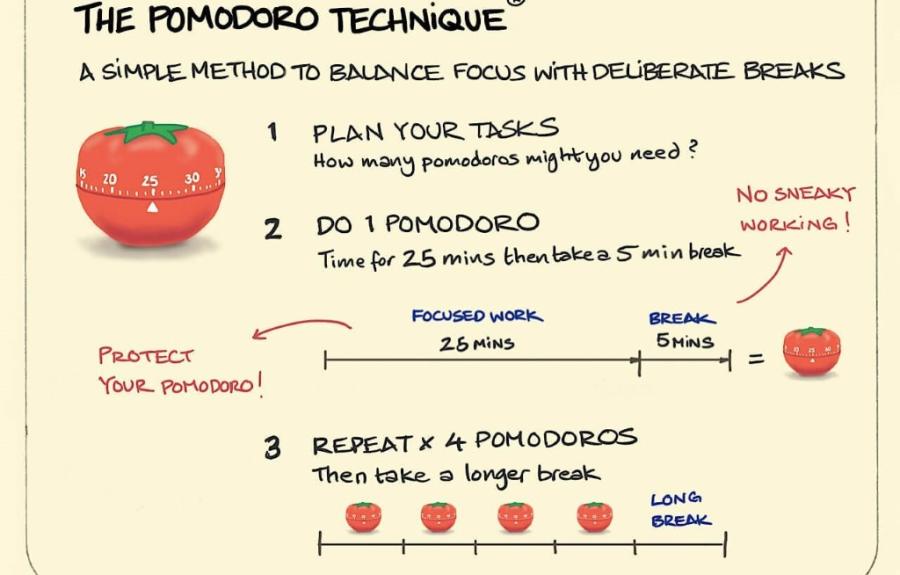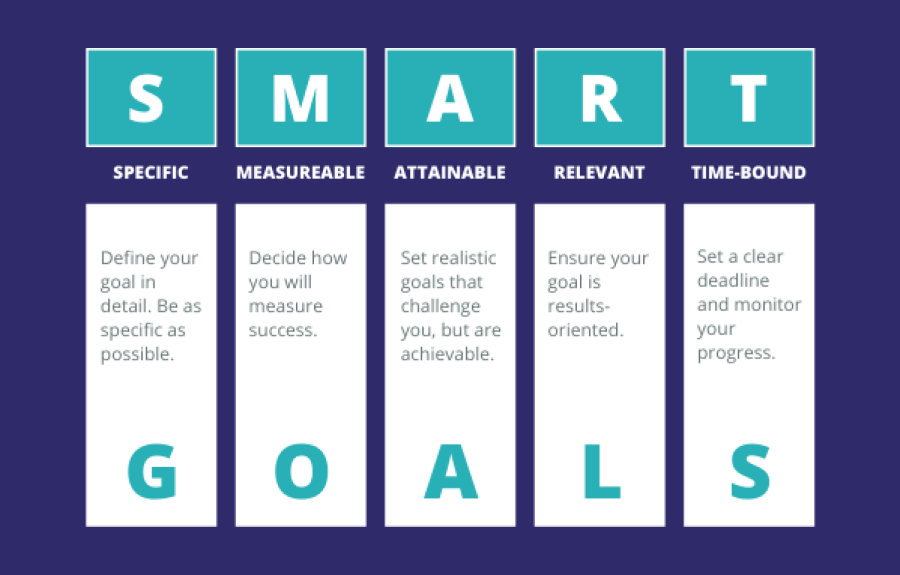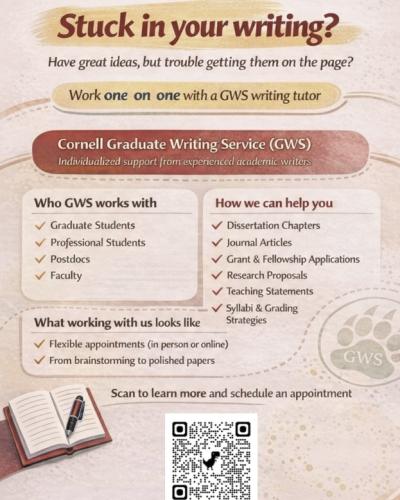The KNIGHTLYnews is an online forum where FWS instructors and other teachers of writing can swap and share ideas for best classroom practice. Weekly posts are designed to help teachers develop lesson plans and writing assignments, and respond to classroom challenges by introducing new teaching tools and sharing emerging pedagogical ideas. Posts also direct readers to program and campus resources that support teaching and learning, and provide opportunities for peer collaboration and mentorship.
I just re-read a KNIGHTLYnews piece that I wrote nearly two years ago (Hold Strong that Pencil: ProTips for Writing Through a Pandemic Semester), and I found myself looking and looking again at this passage:
In many ways, these words are more true today than they were in December 2020. Sometimes, and I cannot adequately explain the sensation, I feel fatigue on a molecular level. Inertia. Nothing in my body or mind wants to move -- no matter how much I caffeinate and imbibe sugary treats, no matter how sincerely I want to meet the deadline, no matter how much I care about achieving personal goals or serving and supporting others. I had planned to pen this piece on Monday.
Of course I knew this state of being in "the before days," but it is different now -- more intense, more frequent? Perhaps I have fewer internal resources to draw upon each time I try to pull my rain boots out of these thick, sludgy puddles of mud. I know I am not alone. I see my kid, now seventeen, and our FWS students feeling stuck sometimes too.
Typically, after Fall Break, I can count on a bounce. Most FWS students return rested, rejuvenated, somewhat renewed. Over the last two weeks, however, I am still noticing too many students struggling to make it to class on time or at all, to complete even small reading and writing assignments, or to exert the extra energy to smile at or chit chat with a classmate. Many of you, I know, share my worries, confusion, and frustration.
As attentive, responsive, and caring educators, we can make reasonable adjustments in our courses. Many of you have shared that you have reduced workloads, offered more flexible deadlines, gently revised attendance and participation policies, and enlivened your classrooms by changing up the ways the ways that students interact with course material and each other in differently dynamic activities. Know that students notice these gestures -- grand and small -- and are appreciative and grateful.
We can also support them by sharing with them strategies for working through the sludginess and reaching toward the kinds of academic vigor we know they are capable of.
I have included here information about two tools (The Pomodoro Technique and the SMART Goals Strategy) that can help. They provide formal structures that provide concrete ways to remind our bodies and minds how to get work done. Call them productivity and time management strategies, if you like. Such intentional practice doesn't just help me build back muscle memory; it also reflects my sincere desire to show up for myself.
I hope that you will consider sharing this post with FWS students, building these strategies into a homework assignment, or/or practicing a Pomodoro or mapping a SMART GOAL in class.
You might use the strategies yourself! I used The Most Dangerous Writing App as a way to get started 🖊️, and I am using the Forest App right now as I compose this piece. In fact, I am just about to hit the Save button with 1:09 minutes left on the countdown clock, and so, by the time you read this, I will have planted my in-App tree 🌳 in my personal virtual forest. I am also well on my way to earning enough in-App coins to plant a tree IRL (in real life) with Forest App's partner non-profit organization Trees for the Future!
Pomodoro + Smart Goals
The Pomodoro Technique
- The Pomodoro Study Method: A Complete Guide
- The Pomodoro Technique - Study And Productivity Technique (animated)
- POMODORO TECHNIQUE - My Favorite Tool to Improve Studying and Productivity
- Forest App 🌳






